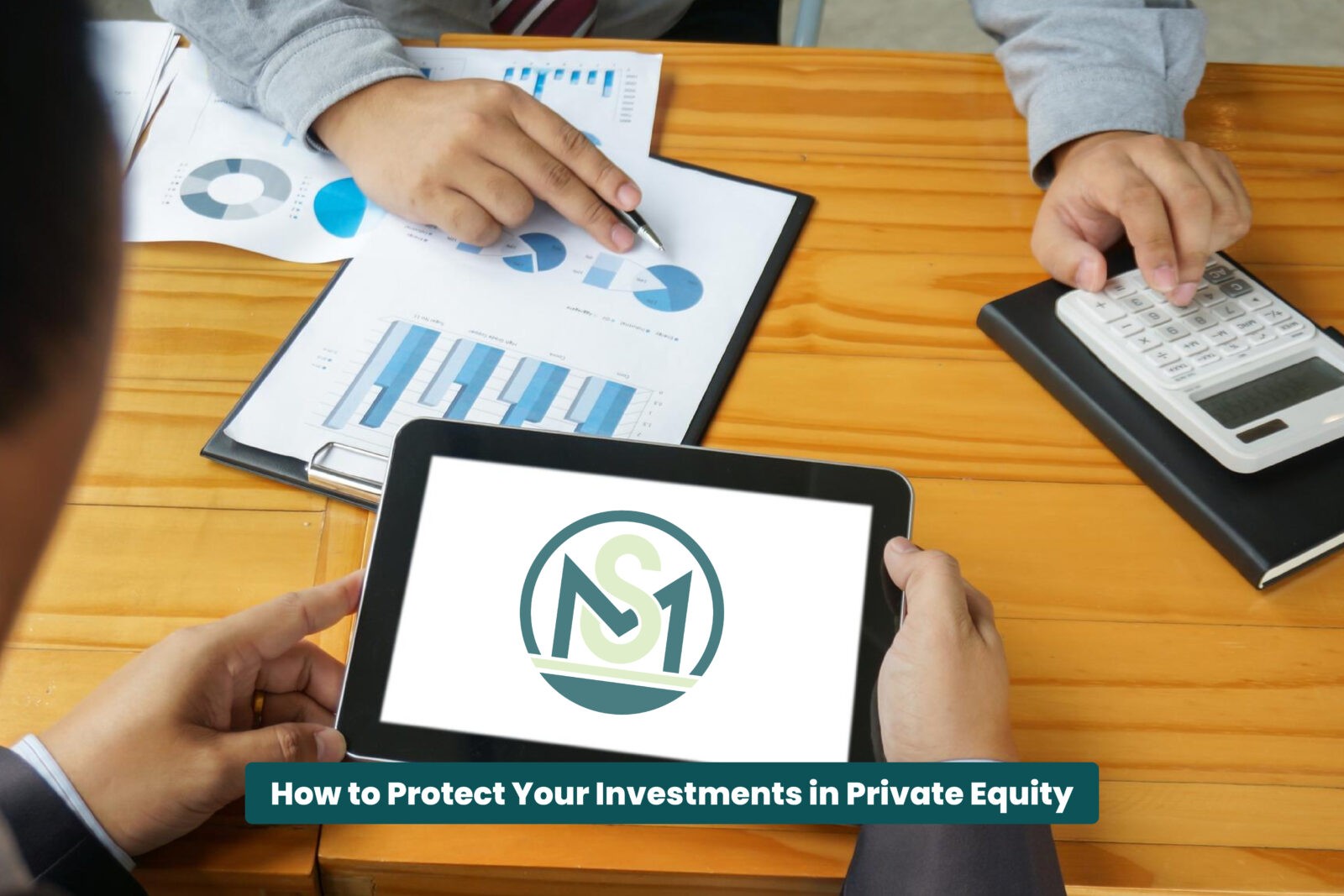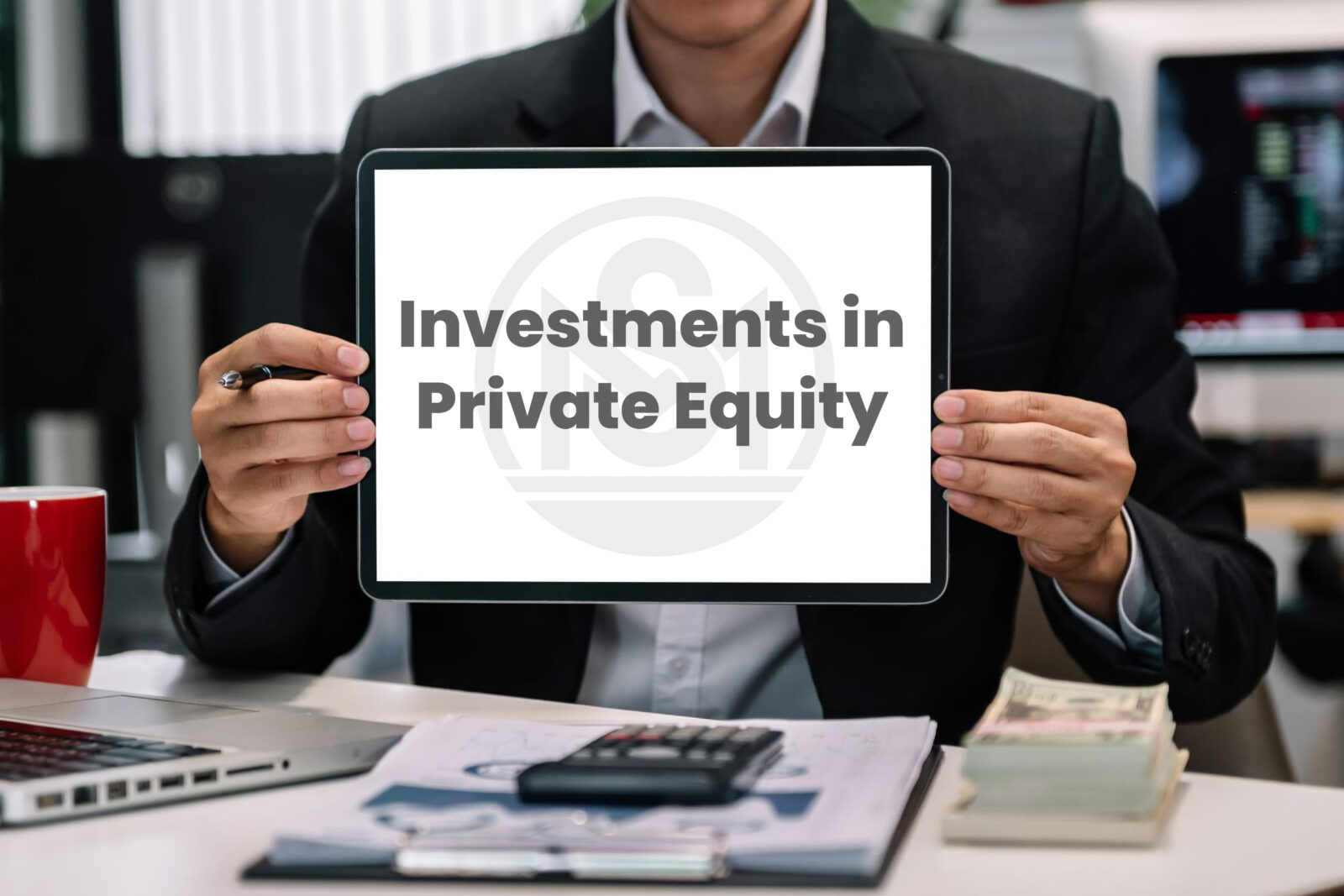When you step into the world of investments in private equity, you’re not just throwing money at a fund and hoping for the best. You’re trusting that your capital will be nurtured, grown, and ultimately returned with profit. But here’s the raw truth: private equity can be as risky as it is rewarding.
In this guide, we’re going to talk to you, the entrepreneur, the first-time investor, or the high-net-worth individual, about how to protect private equity investments smartly. Because when your money is on the line, blind trust isn’t enough. You need a plan.
What Are Investments in Private Equity?
Let’s simplify this.
When we discuss investments in private equity, we refer to capital that’s invested directly into private companies, which aren’t listed on public stock exchanges. These may be startups, growing businesses, or even struggling firms seeking a turnaround.
Unlike public stock investments, where you can buy or sell shares instantly, investments in private equity are locked in for years. You don’t get to check a real-time price chart every day. Returns usually come after a long holding period, ranging from 5 to 7 years, and sometimes even 10 years.
That’s why protecting these investments becomes so significant. You can’t exit easily. You can’t “cut losses” like you can with public stocks. You’re in for the long haul, so it’s got to be an innovative ride.
Why So Many Investors Lose Money in Private Equity
Let’s be blunt: not all investments in private equity are successful. Many investors lose a lot of money. And it’s not always because of the market. Often, it’s because they didn’t protect their investments from the start.
Here’s what goes wrong:
- Blindly trusting general partners (GPs)
- Not reading the fine print in Limited Partnership Agreements (LPAs)
- Poor due diligence on portfolio companies
- Lack of diversification
- No real private equity risk management strategy
If any of these sound familiar, you’re not alone. The good news? You can avoid these traps.
1. Start with Due Diligence, And Go Deep
Want to protect investments in private equity? Do your homework.
Don’t just believe the glossy pitch decks. Don’t just take the GP’s word for it. Investigate:
- The firm’s track record (real returns, not just projections)
- The background of the management team
- The sector outlook of portfolio companies
- The exit history (Did they return capital?)
- The fees and waterfall structures (Are they eating into your returns?)
The better your due diligence, the fewer surprises later. It’s your first line of defense in safeguarding PE investments.
2. Diversify Across Funds, Not Just Companies
Putting all your investments in private equity into one fund or company is like gambling with your future. Even if the fund looks promising, things can go sideways.
Savvy investors spread their investments across:
- Different private equity funds (venture capital, growth equity, buyouts)
- Different sectors (tech, healthcare, manufacturing, etc.)
- Different geographies (don’t go all in on one region)
Private equity investment strategies that include diversification tend to outperform, and more importantly, they help protect private equity investments when one part of the portfolio underperforms.
3. Understand the Risks, Then Actively Manage Them
Let’s talk about private equity risk management.
It’s not about avoiding risk. It’s about knowing the risks and building a plan to manage them. Here are a few that could derail your returns:
- Liquidity risk: You can’t exit whenever you want. Be mentally and financially prepared for that.
- Execution risk: Management teams might fail to deliver growth.
- Market risk: External economic conditions can delay exits.
- Regulatory risk: Policy changes can impact valuation or returns.
How do you deal with it? Build buffers into your investment. Don’t tie up all your liquid capital. Keep an eye on quarterly fund updates. Don’t just be a passive receiver of information; be a smart one.
4. Get Everything in Writing, and Understand It
The Limited Partnership Agreement (LPA) is your Bible.
It outlines:
- How profits are distributed
- What happens if the fund underperforms
- Who gets paid first (spoiler: it’s often not you)
- What rights do you have as an LPA
Don’t just skim it. If you don’t understand legal language, hire someone who does. Because once you sign it, you’re legally bound, and that document will either protect your private equity investments in private or put you at risk.
5. Demand Transparency from Fund Managers
Silence isn’t golden when it comes to private equity.
You should be getting:
- Quarterly reports
- Portfolio company updates
- Valuation breakdowns
- Exit plans
If your fund manager is vague, inconsistent, or dismissive, that’s a red flag.
Transparency is a powerful tool in safeguarding PE investments. When you’re informed, you can act. When you’re in the dark, you’re helpless.
6. Know When to Say No
This might be the most essential advice in this article.
Not every opportunity is the right one. Even if the pitch sounds great, even if the returns look insane if your gut says no, trust it.
Many successful investors build their wealth not just by saying “yes” to the right deals, but by saying “no” to the wrong ones.
Saying no is a key component of effective private equity investment strategies.
7. Use Co-Investment Opportunities Wisely
Co-investments, which offer direct opportunities to invest alongside a fund in a specific deal, can be attractive, as they typically offer lower fees and more control.
But here’s the catch: they come with more risk and require deeper due diligence.
If you take this route, it can become a great way to protect private equity investments by selecting deals that meet your specific criteria. Just don’t rush in without a plan.
8. Align Incentives, Don’t Let Greed Lead the Way
You want fund managers whose success depends on your success.
Check if:
- The GP is investing its capital
- The fee structure isn’t too top-heavy (watch out for the infamous 2/20)
- There are clear hurdles before performance fees kick in
These small things go a long way in safeguarding PE investments from misaligned motivations.
9. Plan for the Long Haul
Private equity is not a get-rich-quick game.
Returns often come after several years. That’s why your personal liquidity planning is key. Don’t invest capital you might need in the next 3–5 years.
The most effective private equity investment strategies adopt a long-term perspective. Patience pays—panic costs.
10. Seek Expert Help, Don’t DIY Everything
Unless you’re a private equity veteran, there’s no shame in getting professional advice.
- Hire an investment advisor who specializes in private equity.
- Consult legal experts before signing fund documents.
- Engage with analysts who can assess the performance of your portfolio companies.
The best ways to protect capital in private equity often come down to surrounding yourself with people who’ve done this before and know what to look out for.
How Msafdar Can Help You Protect Your Private Equity Investments
At Msafdar, we don’t just support investors; we safeguard them.
Here’s how we support your investments in private:
- Risk Evaluation: We help you identify the real risks hidden in your deal documents and term sheets.
- Due Diligence: From background checks to financial audits, we go deep before you sign.
- Portfolio Oversight: Our team closely monitors your private equity holdings and flags potential issues early.
- Exit Strategy Consulting: We don’t wait until the end. We plan the exit from Day 1.
In short, we offer real, tangible private equity risk management, not just financial jargon. When it comes to safeguarding PE investments, trust is everything. And we’ve built ours by protecting clients’ capital in high-stakes environments.
Don’t Just Invest, Protect
Investments in private equity are like building a house in a flood zone. The view might be amazing, and the value could skyrocket, but without protection, one storm could wipe everything out.
This isn’t meant to scare you; it’s meant to empower you.
With the right private equity investment strategies, the right advisors, and a proactive mindset, you can protect private equity investments and enjoy the returns they promise.
Just remember: It’s not about being fearless. It’s about being prepared.
FAQs
Q1: What is the most significant risk in private equity?
A: Illiquidity. You can’t sell your investment when you want. That’s why planning and private equity risk management are crucial.
Q2: Can I lose all my money in private equity?
A: Yes, if you invest without careful consideration. However, with proper due diligence and expert advice, you can effectively safeguard PE investments.
Q3: How long should I expect my money to be locked in?
A: Typically, 5 to 10 years. Investments in private companies are not suitable for short-term financial goals.
Q4: Are co-investments better than traditional private equity funds?
A: They can offer higher returns and lower fees but also come with higher risk. Use them as part of a broader private equity investment strategy.
Q5: How can Msafdar help me with private equity?
A: Msafdar helps you from start to finish, from deal evaluation to risk management to exit planning, to ensure the best ways to protect capital in private equity.



